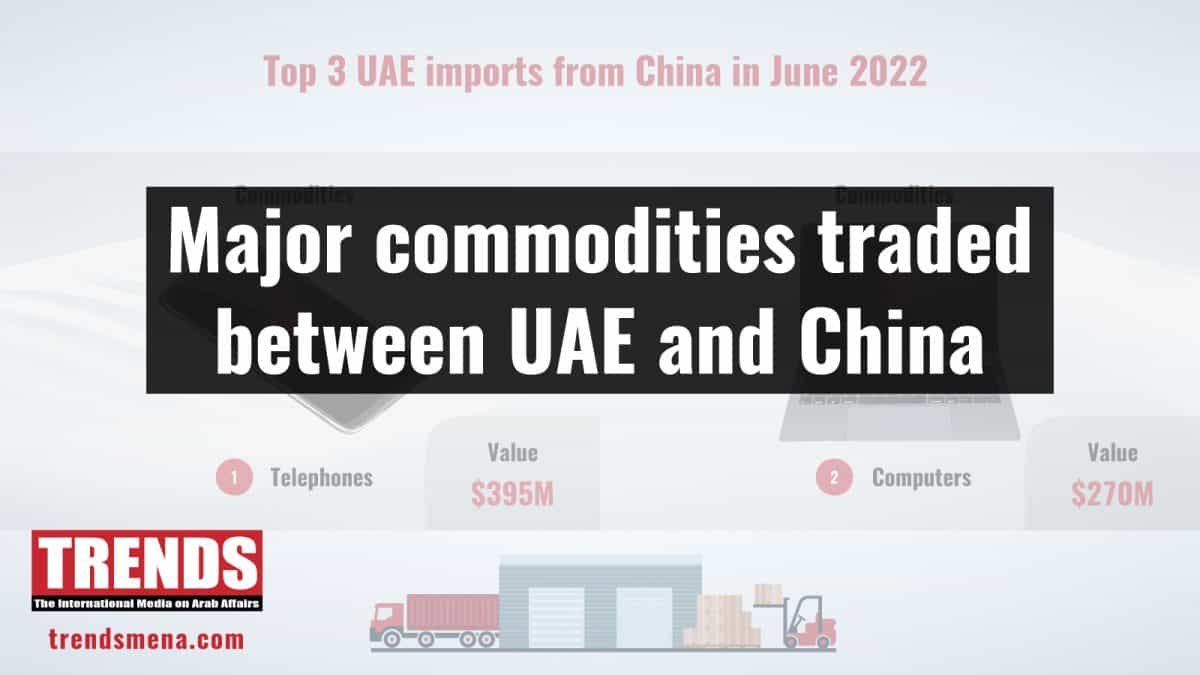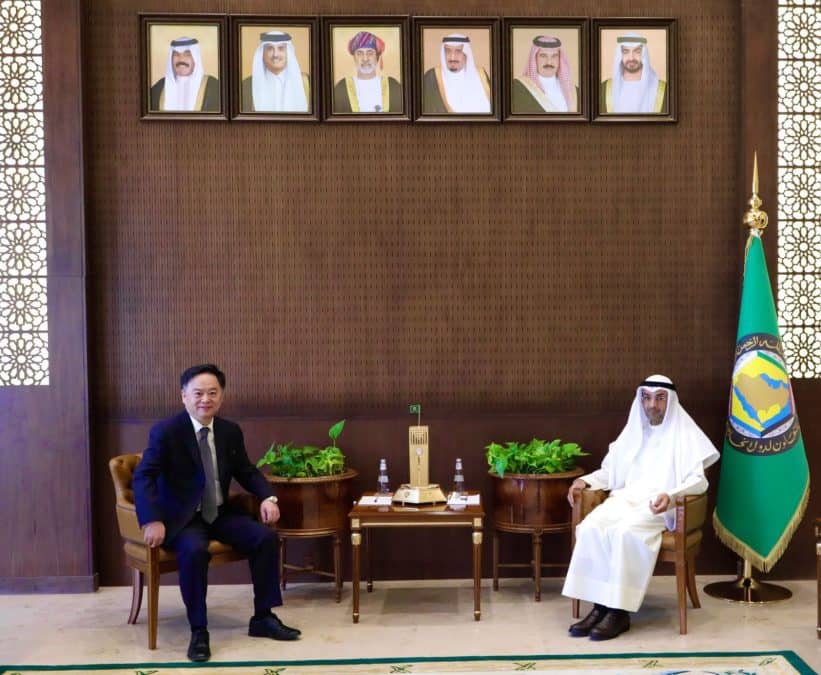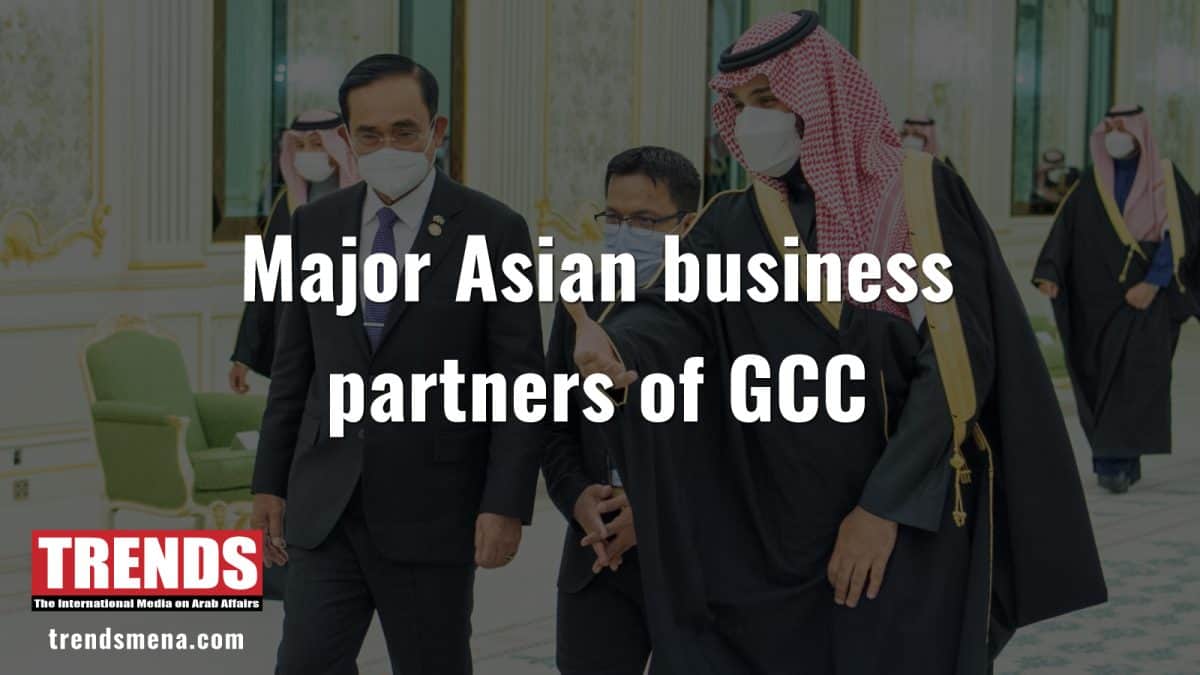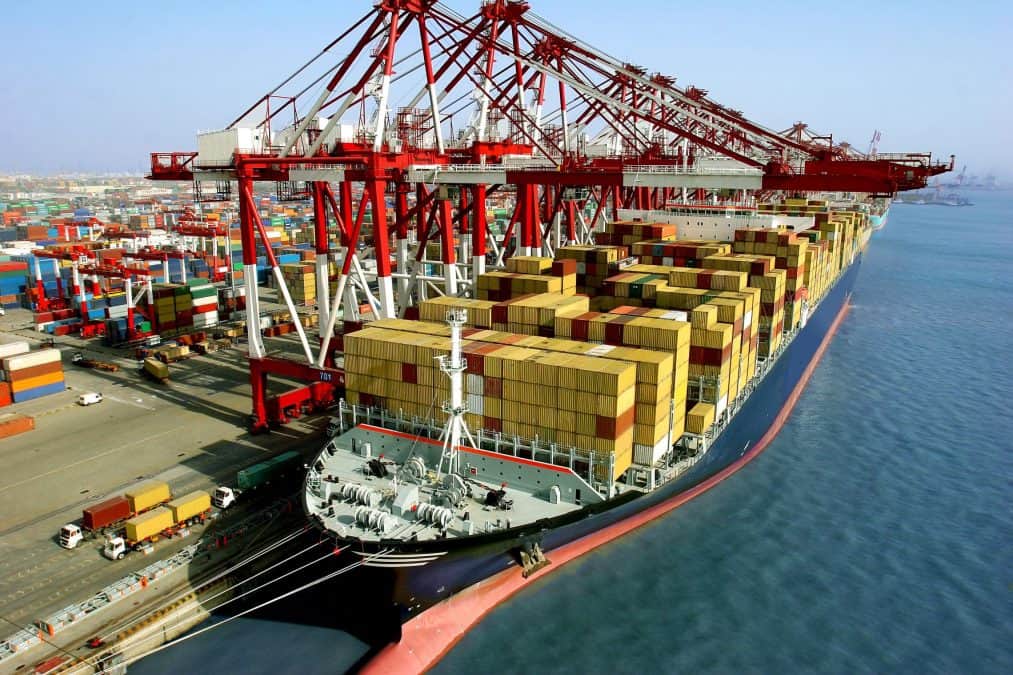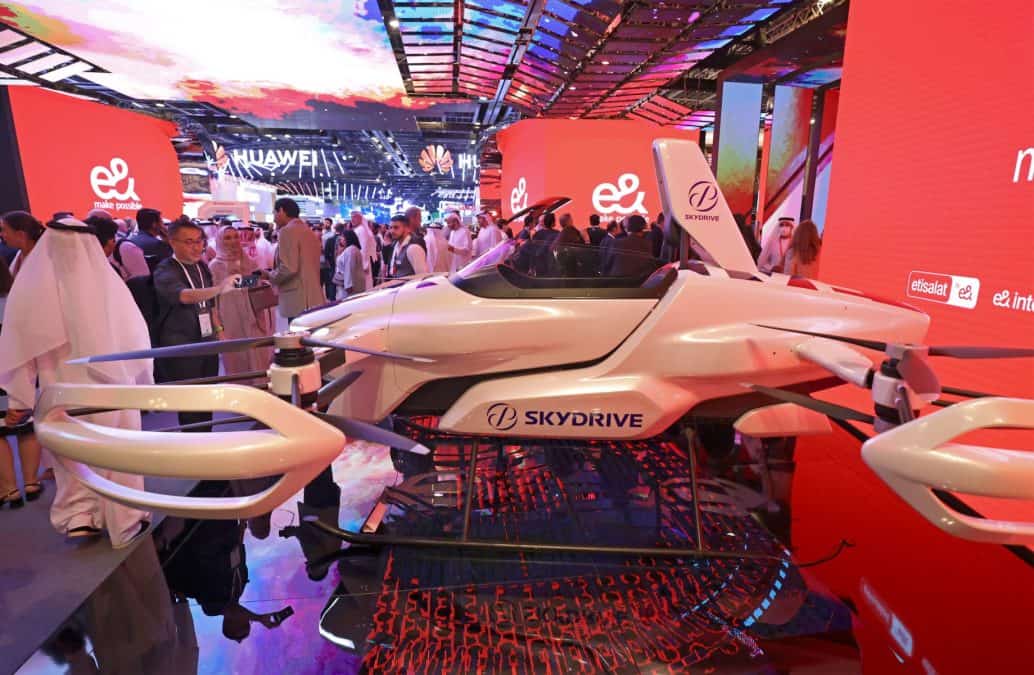UAE, China eye $200bn bilateral trade by 2030
The UAE is China’s most important trade partner in the Arab world and responsible for 28 per cent of total non-oil trade between China and the region. The region’s second largest economy is also home to thousands of Chinese firms.
Business deals enhance GCC-China cultural ties
Strengthening of political, economic and trade relations between China and the Gulf Cooperation Council countries during the past 15 years has also led to a cementing of cultural ties between the two powerhouses.
GCC’s two biggest trade allies are Asians
As the US is apparently pulling away from the Middle East, the cooperation between the Gulf and Asian regions is taking place in areas such as the new energy, artificial intelligence, and industrial diversification.
Gulf nations add momentum to Asianization of global economy
Following the US withdrawal from Afghanistan, many experts believe that Washington is shifting its attention and resources to the “priority theatre” of the Indo-Pacific. But as the world recovers from the Covid-19 pandemic, the GCC countries are expected to play a more significant role in the ongoing Asianization of the global economy.
Visits, talks boost GCC-Asia trade ties
Traditionally, GCC trade was focused on the West. However, now it is moving to the East. This eastward shift is not too surprising given the continuing travails of many developed Western economies. With the sluggish recovery from the financial crisis in the EU and the US, Gulf economies have had to look elsewhere. A relationship…
New technologies bolster GCC-Asia trade relations
Beyond oil and gas, Gulf companies have made some strategic investments in sectors with strong potential for growth, including fintech, e-commerce and logistics. For example, in 2020, Saudi fintech startup Tamara established operations in Vietnam, and the UAE’s B2B e-commerce provider Distichain set up a base in Singapore.

